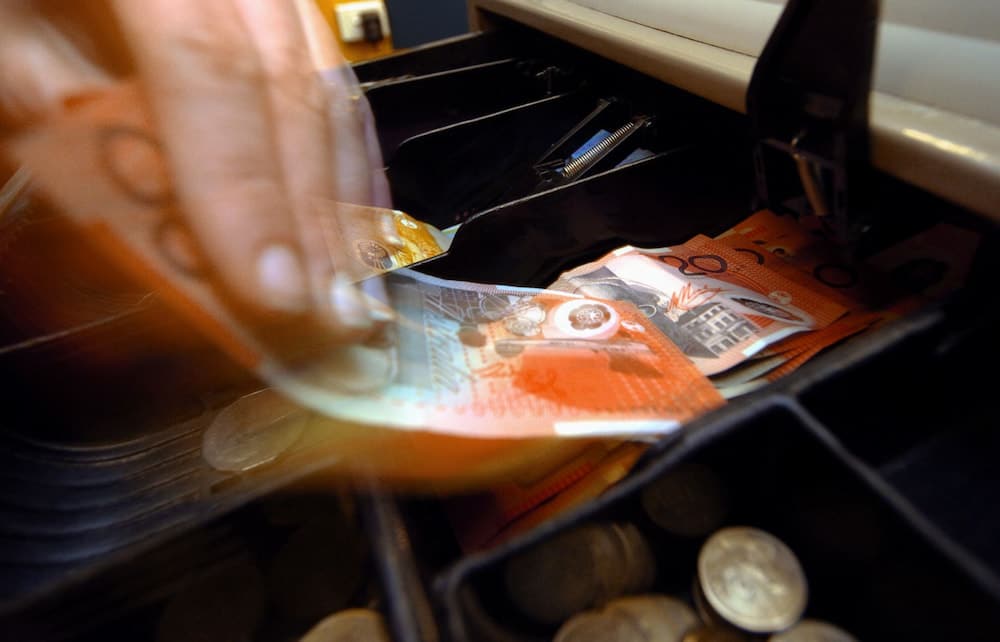Retail spending fell for a third straight month in August due to the impact of coronavirus lockdowns in Australia’s most populous states, a trend that will likely extend into September.
However, consumer confidence remains relatively upbeat, suggesting Australians will be quick to spend again once restrictions ease in the coming months.
The Australian Bureau of Statistics said retail turnover fell 1.7 per cent in August, following falls of 2.7 per cent in July and 1.8 per cent in June.
Retail trade is now down 0.7 per cent over the year.
Australian Retailers Association CEO Paul Zahra says the lockdowns are continuing to impact trade in locked-down parts of the country, but hope is on the horizon with reopening plans now in place ahead of Christmas.
“Small businesses have been left reeling in NSW, Victoria and the ACT. They’ve been smashed by Delta and the existing government support measures are barely keeping them going,” Mr Zahra said.
“For many, the impacts have been too much, and some won’t reopen at all.”
Another full month of lockdown saw NSW spending fall 3.5 per cent to its lowest level since April 2020, when the pandemic first hit, the ABS said.
A return to lockdown in Victoria saw retail trade fall three per cent, while spending in the ACT slumped 19.9 per cent after non-essential retailing restrictions were imposed from August 12.
A mid-month lockdown in southeast Queensland also saw a 0.9 per cent fall in retail trade.
In contrast, lockdown-free South Australia had a 6.6 per cent increase in retail turnover and Western Australian sales rose by 2.8 per cent.
Even so, economists at Barclays expect sales to continue to drop in September as the impact from the lockdowns worsens.
They and other economists expect this continued weakness in domestic consumption will send the economy into contraction in the September quarter, with a downturn of as much as four per cent predicted.
But there are signs a recovery will start in the December quarter.
The weekly ANZ-Roy Morgan consumer confidence index – a pointer to future household spending – rose 0.4 per cent and to its highest level since mid-July.
Confidence among Sydneysiders crawled 0.1 per cent higher as COVID-19 cases begin to decline, but fell 0.9 per cent among Melburnians.
ANZ head of Australian economics David Plank said given the Victorian capital faced rising virus infection numbers, tremors from a 6.0 magnitude earthquake and violent anti-lockdown protests, sentiment held up reasonably well.
Still, the latest weekly survey also shows inflation expectations have nudged higher again.
Consumer inflation expectations edged up to 4.8 per cent in the past week, lifting the four-week moving average to 4.7 per cent, its highest level since 2014.
“High inflation expectations at a time of weak wage growth could drag on overall consumer confidence if people start to worry about the cost of living,” Mr Plank said.
The recent rise in petrol prices to close to three-year highs is one factor that could be troubling people’s views.
AAP
Get all the latest Canberra news, sport, entertainment, lifestyle, competitions and more delivered straight to your inbox with the Canberra Daily Daily Newsletter. Sign up here.



